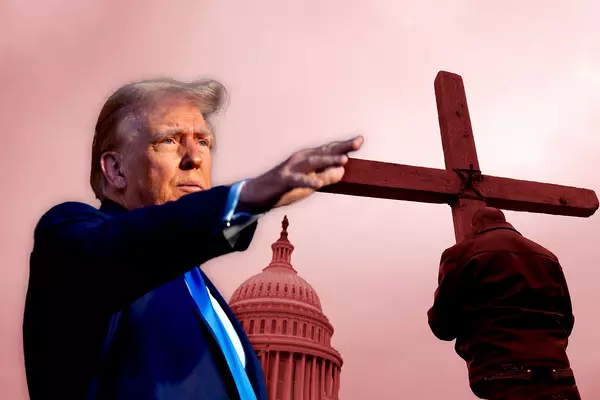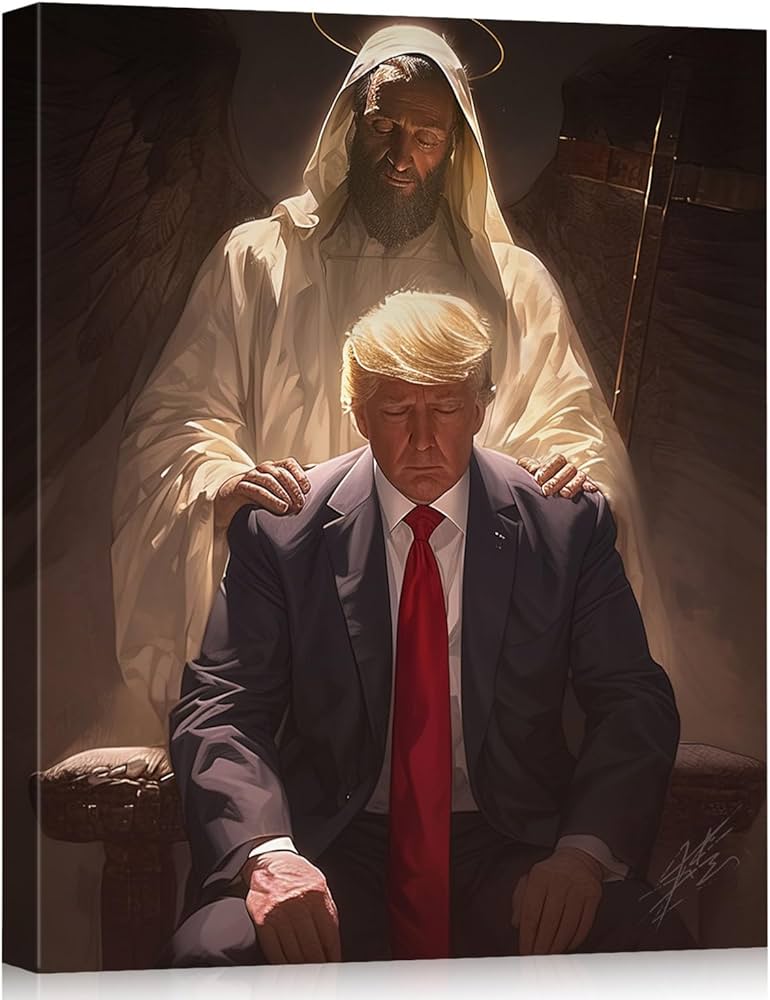
Donald Trump, the 45th president of the United States, has often invoked the name of God throughout his political career. Whether in speeches, policy decisions, or personal reflections, his relationship with faith has been a subject of intense debate. Some view him as a leader divinely chosen to restore conservative values in America, while others see his religious rhetoric as a political tool rather than a sincere expression of faith. Regardless of personal opinions, Trump’s presidency was deeply intertwined with religious discourse, particularly among evangelical Christians who saw him as a defender of their beliefs.

One of the key factors that strengthened Trump’s connection with religious communities was his commitment to policies aligned with conservative Christian values. His appointments of Supreme Court justices who opposed abortion, his advocacy for religious freedoms, and his strong stance on Israel all appealed to evangelicals and other religious conservatives. Many of his supporters believed that God had placed him in power to fight against what they saw as moral decay in America. Trump’s speeches often referenced divine guidance, portraying himself as a warrior against forces that threatened traditional religious ideals.

However, Trump’s personal life and behavior have often raised questions about the sincerity of his faith. Unlike previous presidents who openly practiced their religion, Trump was rarely seen attending church regularly or demonstrating deep theological knowledge. His past scandals, controversial statements, and often combative nature seemed inconsistent with traditional Christian virtues. Despite this, many religious leaders continued to support him, arguing that God often works through imperfect individuals to achieve His will. They compared him to biblical figures like King Cyrus, who, despite not being a devout believer, played a crucial role in fulfilling God’s plans.

Critics argue that Trump’s use of religion was primarily strategic, designed to secure votes from a loyal Christian base. They point out that his policies, while favoring religious groups, often lacked genuine moral leadership. Some believe that his approach to faith was more about nationalism than true spirituality, as he used religious rhetoric to rally supporters behind his “America First” agenda. His presidency, in their view, showcased the growing influence of Christian nationalism, where religion and politics merged in ways that sometimes overshadowed the core principles of faith, such as humility and compassion.

Ultimately, the relationship between Donald Trump and God is a matter of interpretation. To his followers, he was a leader chosen to defend religious values against secular forces. To his critics, he was a political figure who capitalized on faith for personal and political gain. Regardless of where one stands, Trump’s presidency demonstrated the powerful role that religion plays in American politics and the extent to which faith can shape national discourse. Whether seen as a divine instrument or a controversial politician, his impact on religious communities will continue to be debated for years to come.


